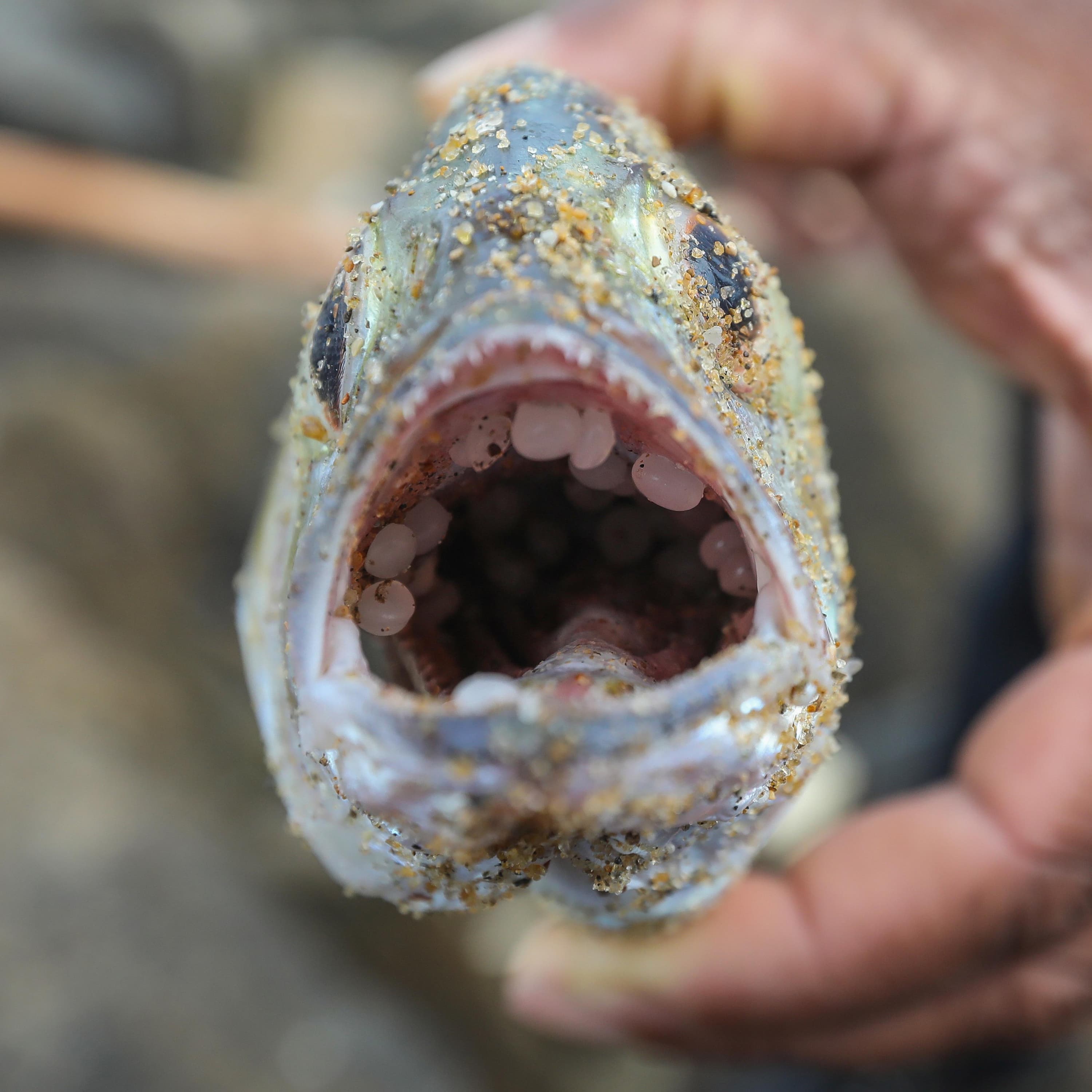
The world finally has a malaria vaccine – why has it taken so long?
Loading player...
Last week, the World Health Organization approved the world’s first malaria vaccine. It’s been hailed as a historic breakthrough and it could save tens of thousands of lives each year. But researchers have been trying to create one for over a century – so why has it taken so long? Anand Jagatia speaks to Dr Latif Ndeketa and Prof Chris Drakeley about how the new RTS,S vaccine works and why it’s been so difficult to produce. Help support our independent journalism at theguardian.com/sciencepod




